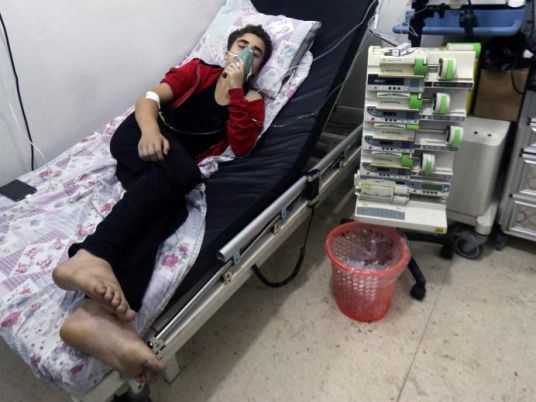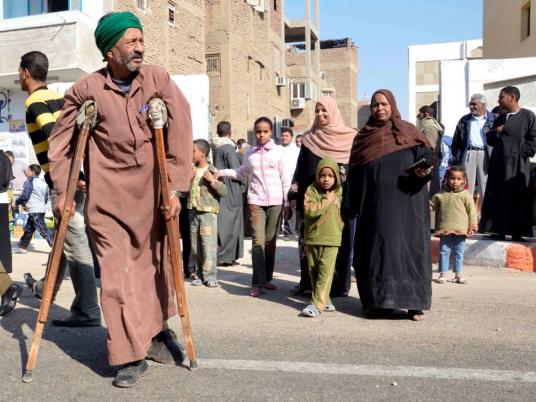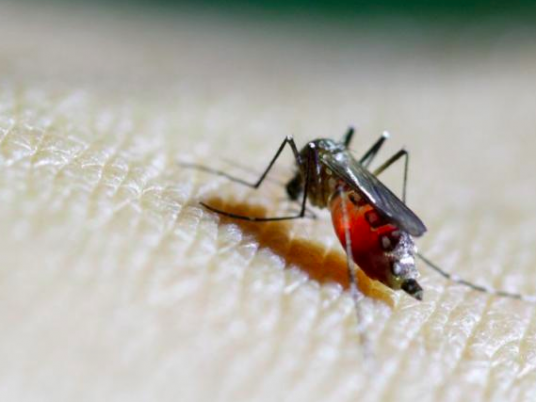Residents reported high voter turnout Tuesday in the Upper Egyptian governorate of Qena, a governorate that has recently witnessed unprecedented political debate, especially among its youth which aims to sideline the tribal and family influences that usually dominate elections there.
Qena is divided into two constituencies for party list-based seats, which 176 candidates are contesting, and three constituencies for single-winner seats, which 234 candidates are contesting.
“What's new about these elections is that we’re discussing the future of our governorate. People are fed up with the issues of families and tribes. They don't do anything for the people. Now we should try the political parties,” Amgad Seoudi, a 28-year-old unemployed Qena resident, told Egypt Independent in a phone interview.
Qena has 1.6 million eligible voters out of a population of over 3 million. Forty-one percent of voters are under the age of 30.
Some polling stations opened late due to judges not arriving on time.
Twenty political parties are contesting 12 seats in the list-based constituencies. Names on these lists show a deep conflict between parties considered to be affiliated with Mubarak's now-dissolved National Democratic Party (NDP) and liberal political forces claiming to represent the revolution.
“The feloul [Arabic for “remnants”] can't read the new reality. They still depend on their tribes to get support. I'm hopeful that people, especially the youth, will teach them a lesson they will never forget,” Ayman Omar, a computer programmer from the northern district of Nagaa Hamadi, said in a phone interview.
Nine political parties ran 12 candidates in both constituencies. Four large parties with a strong base in Qena are regarded as representing the feloul: the Egyptian Arab Union, Reform and Development, Freedom, and Union parties.
From the early morning, activists from the Facebook group “Catch a Feloul” toured Nagaa Hamadi and the city of Qena, warning people against voting for parties with remnants of the Mubarak regime on their lists, according to witnesses.
NDP members have traditionally swept voting in Qena. In 2005, Muslim Brotherhood-backed candidate Hesham al-Qady was the only significant opposition figure from Qena to be elected.
Prior to the elections, the tribal nature of Qena fueled fears that violence would imperil voting. However, no violent incidents have been reported, with local residents saying that a large military presence around polling stations would deter any violence.
Moreover, tribal clashes could benefit the Brotherhood's Freedom and Justice Party (FJP), since the feloul parties are often the most associated with tribal violence. For instance, most of the Reform and Development Party's candidates hail from the Hawara tribe, which are rivals of the Arab tribe, represented by the Freedom Party.




